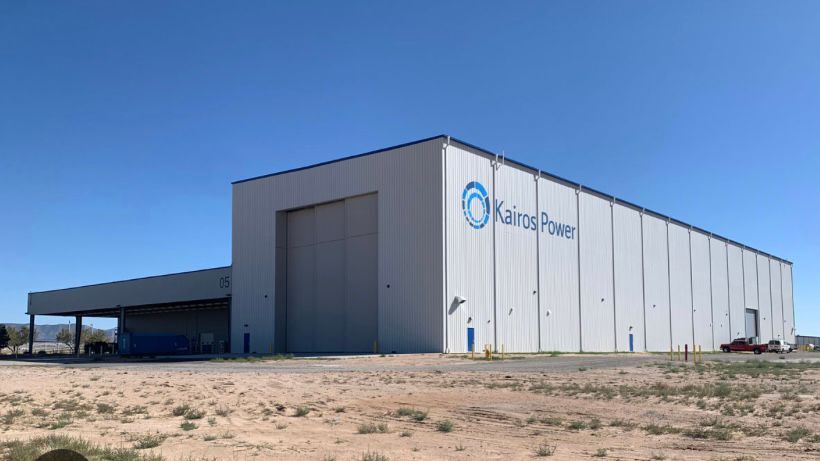Google has announced a significant partnership with Kairos Power to help meet the energy demands of its growing AI operations by turning to nuclear power. The tech giant plans to build seven small modular nuclear reactors (SMRs) across the US, aiming to add 500 megawatts of nuclear energy by the end of the decade.
The first reactor is expected to be operational by 2030, with the others coming online through 2035. This move marks a milestone as it represents the first-ever corporate deal to buy power from SMRs, a developing nuclear technology that could provide a more scalable and cost-effective energy solution.
Small modular reactors differ from traditional nuclear reactors in their smaller size and factory-built components, which can reduce construction costs and time.
By producing modular components off-site and then assembling them on location, SMRs offer a more flexible and efficient approach compared to conventional nuclear plants. This makes them an appealing option for companies looking for stable, low-emission energy sources to power their operations, particularly as energy demands surge with AI and cloud computing needs.

Google Taps Nuclear Power to Fuel AI Growth, Partnering with Kairos Power to Build Seven Small Modular Reactors by 2035
However, the deployment of SMRs still faces regulatory hurdles. Kairos Power will need approval from the US Nuclear Regulatory Commission to proceed with the design and construction of these reactors.
The company has already secured approval for a demonstration reactor in Tennessee, expected to go online by 2027. Additionally, Kairos has been actively testing components at its facility in Albuquerque, NM, where it focuses on validating the design and ensuring the robustness of its supply chain.
Although the financial specifics of the Google-Kairos deal were not disclosed, Google emphasized that the structure of the agreement is designed to reduce costs and expedite the delivery of energy. By committing to a series of reactors rather than a single project, Google hopes to accelerate the widespread deployment of Kairos Power’s technology, which could help bring SMRs to market more quickly and at a lower cost.
This partnership is part of a broader trend where big tech companies are turning to nuclear energy to power their data centers amid the AI boom. Other companies like Microsoft and Amazon have also made moves in this space, striking deals with nuclear energy providers to ensure a reliable and sustainable power supply for their growing data center operations.
These deals highlight the tech industry’s increasing reliance on advanced energy technologies to meet the high demands of AI and cloud computing.









































